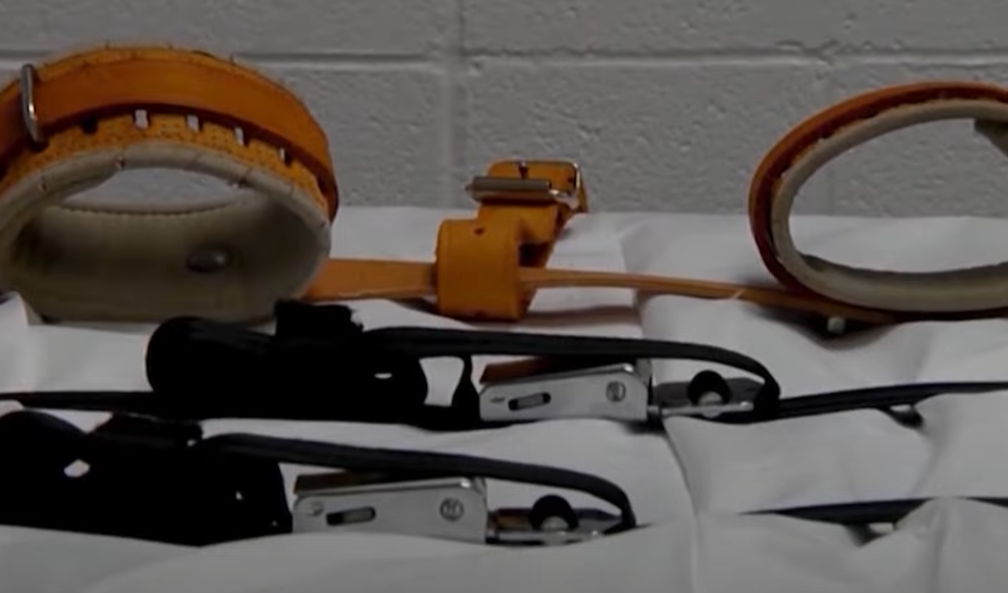The impending execution of Kenneth Eugene Smith in Alabama has thrust the use of nitrogen gas as a method of capital punishment into the international spotlight.
This unproven technique comes on the heels of Smith’s harrowing survival of a failed lethal injection attempt in September 2022, during which officials grappled for four hours to establish a viable IV line.
The planned nitrogen hypoxia execution has ignited criticism from the UN High Commissioner for Human Rights, who contends that it violates international human rights treaties, particularly the prohibition on torture or other cruel, inhuman, or degrading treatment or punishment.
Adding weight to the opposition, critics cite the American Veterinary Medical Association’s 2020 guidelines, characterizing nitrogen hypoxia as inducing distress in some species.
In a last-ditch effort to prevent the execution, Smith’s attorney argued in a federal appeals court that a second attempt would constitute cruel and unusual punishment. However, Alabama’s solicitor general countered, asserting that the state had adopted the most painless and humane method of execution known to man.
Alabama’s Solicitor General Reassures Amid Criticism

The nitrogen hypoxia method involves affixing a mask to the prisoner’s face and introducing nitrogen gas. Concerns have emerged about the potential for the mask to leak oxygen, leading to a prolonged and horrifying execution.
Despite these concerns, Alabama’s solicitor general remained steadfast, emphasizing the minimal chance of vomiting in response to judges’ questions about the state’s contingency plan if Smith were to regurgitate into the mask.
Kenneth Eugene Smith, convicted in 1988 for plotting Elizabeth Sennett’s murder for financial gain, has expressed his anguish. Although he has admitted to the crime, Smith feels ill-prepared and anxious about his impending return to the death chamber.
The global outcry over the use of nitrogen gas for executions not only underscores ethical concerns surrounding capital punishment but also highlights the potential risks and uncertainties associated with untested methods.
As the execution date approaches, the debate over the humane treatment of prisoners and adherence to international human rights standards continues to intensify.


Comments are closed.